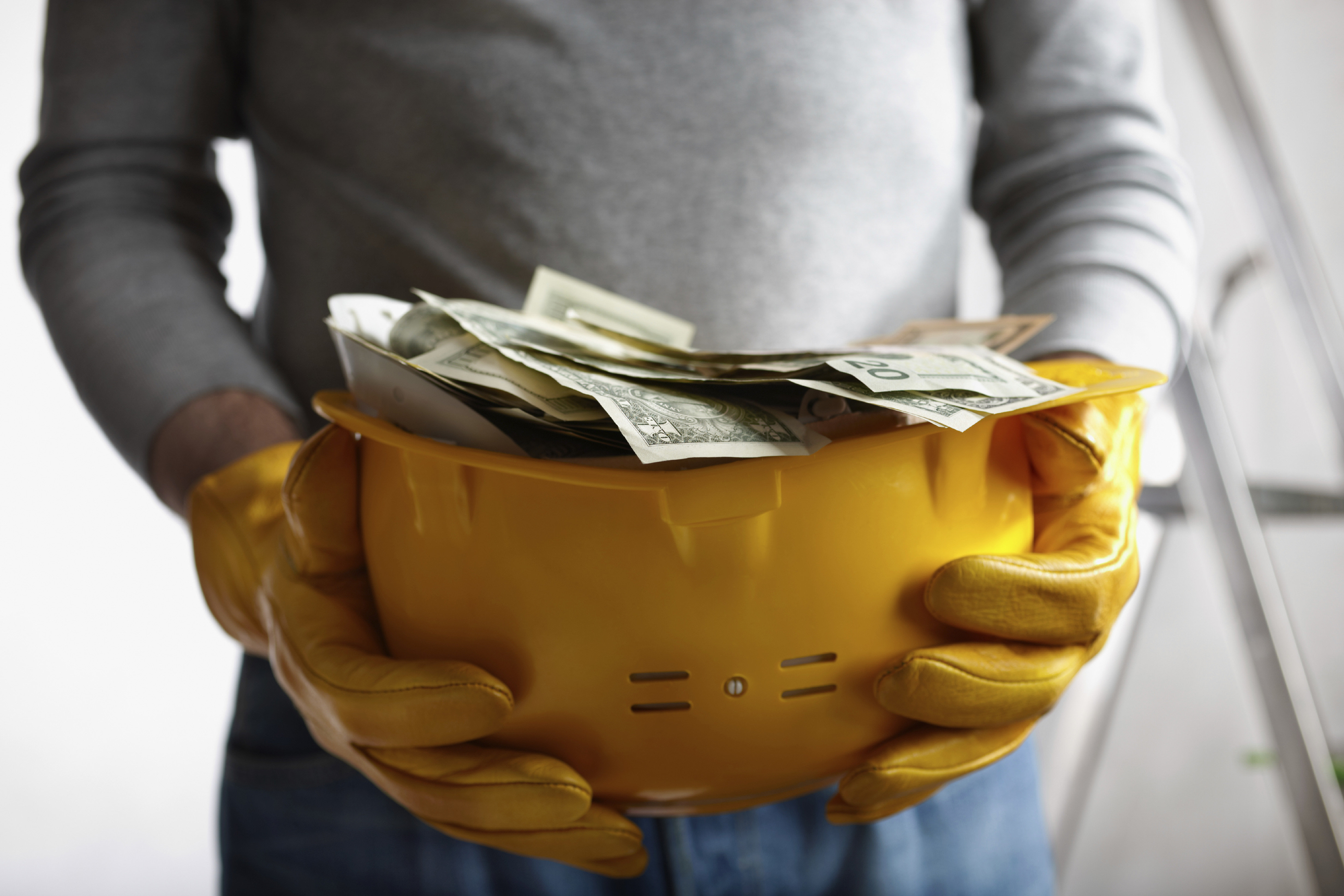
The construction market is competitive and contractors have to work with very small margins in order to make a profit while remaining competitive. When callbacks occur, those margins are deeply affected and may put the future of your construction company at risk. Understanding the true cost of callbacks will mean that your crew members understand that taking time to do things properly and double checking their work may take a little longer, but it saves you money in the long run.
A callback is when a client from a job you have already completed has a problem that you need to solve because it occurred due to neglect, mistakes or oversight by your crew. The repercussions are more far-reaching than you may initially realize.
Customer Satisfaction
When callbacks occur, they erode the positive relationship you have with your customers. When your clients notice mistakes, it calls the quality of your workmanship into question. Remember that the best way to get new business is through word of mouth, and when clients are unhappy, that won’t happen.
Unhappy clients are also far more likely to write a bad review about your construction company on business review sites like Yelp or Angie’s List. A bad review can really affect your ability to get new clients.
Responding to callbacks quickly and effectively may actually improve the client’s view of your company, but then you may be risking delays on any new projects you have undertaken. This may lead to your new clients also feeling dissatisfied. Doing it right the first time will avoid all of these delays and turn your clients into raving fans who will recommend you to all their colleagues and friends.
According to construction consultant, Emma Shinn, the average turnaround time should be about 10 days on callbacks if you are to salvage your reputation with the client. To date, she says, the larger construction firms are averaging around 30 days which negatively impacts their referral businesses.
Employee Costs
Labor costs and management costs aren’t restricted to what each employee earns on an hourly basis. When you are calculating the cost of each hour your crew devotes to a callback, you need to look at what you spend annually on administration (like payroll admin costs), vacation pay, training, worker’s compensation insurance, payroll tax, health insurance, 401 (k) matching, recruiting of new employees, uniforms or gear and your day to day expenses. When you add these all up and then divide the total by the number of employees, then add their hourly wage, you get a much more accurate idea of what each lost hour of labor is costing you.
Additional Costs
Add to your already burgeoning cost your travel costs to and from the site which will include fuel, vehicle costs and maintenance costs.
If your home failed an inspection, you need to add the cost of delays while you wait for the inspector to return as well as the cost of additional inspections.
Should items need to be replaced, the price of delays while waiting for new materials, the cost of materials as well as the cost of material transportation needs to be added to the bill.
Preventing Callbacks
Use our free, handy online app to avoid expensive callouts.
When callbacks happen, use the opportunity to ensure that it won’t happen again. Pair more experienced crew members with the employee who made the mistake and ensure that they use the opportunity to augment their training.
Start keeping a record of callbacks to find employees or areas where more training is required and then invest in that training to prevent problems from reoccurring.
Offer rewards to crews who do a good job and reduce their callbacks.
Ensure that you aren’t putting unreasonable time constraints on construction crews as this leads to mistakes and reduces the likelihood that they will double-check their work.
If callbacks are inevitable, build the cost of these into your original quote.
Manage your client’s expectations so that they aren’t unreasonable. Limit the time for callbacks and check or test each one before proceeding.
